In the ELBX Online 2022 session: Why Embrace Games and Gamification, we learn valuable insights from speaker Karl Kapp of Bloomsburg University. In his presentation, he answers 3 key questions:
- How have games been used historically for instruction and learning?
- What is the connection between games and learning?
- Can learning games change behaviors, attitudes, and outcomes?
How have games been used historically for instruction and learning?
Games are not new, and gamified training isn’t either. Games created to teach players important skills and lessons have been around for centuries and centuries. The first recorded use of gamification in corporate training was in 1932 when Mary Birshtein created a game to teach staff how to run a typewriter factory. This method was wildly successful. Before that, we have records of games being used to teach problem-solving and war strategy (Khmer Chess and the Prussians’ Kriegsspiel).
Gamification is historically successful.
What is the connection between games and learning?
Control:
Games give the player control. They get to make choices and learn from them. If they want to win, they have to actively participate. This control builds the player’s confidence in themself.
Big picture insight:
Games allow us to take action and see the consequences play out from a full perspective. In real life, we often only think of the effect a choice will have on us and our surroundings. But in games, future decisions and the end of the game are constantly relevant. So we are forced to keep those future decisions and the end in mind when we make decisions.
And while the whole game story and all of its consequences play out, we get to see the effects of our actions; which is a powerful insight.
Empathy:
Games allow us to set into new roles for a moment. They allow us to experience the responsibilities of new roles. This not only shifts our perspective, it builds empathy and fosters a valuable sense of understanding.
Games are the perfect setting to test and experiment and learn. The power, insight, and understanding games build are extremely beneficial for players. In the learning world, it’s invaluable.
Can learning games change behaviors, attitudes, and outcomes?
Yes. They absolutely can.
“Playing helps us process the world around us.”
-Audra M. Swarthout, professor of biology at Delta College in Michigan.
When reading or listening to a lecture, the learner can gain a good understanding of the material being taught. But games let the learner experience the material. That kind of learning is far more impactful and far better at changing behaviors, attitudes, and outcomes.
To learn more about the valuable impacts of gamification, watch the ELBX session with speaker Karl Kapp: Why Embrace Games and Gamification for Learning?
Transform popular games into engaging eLearning with The Training Arcade®. Sign up for a free trial now.








